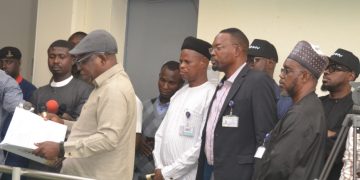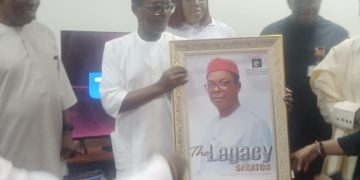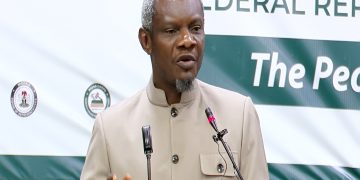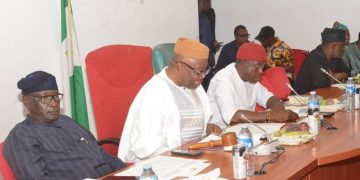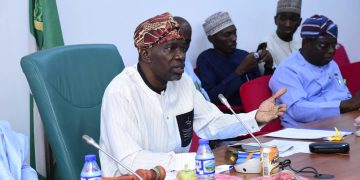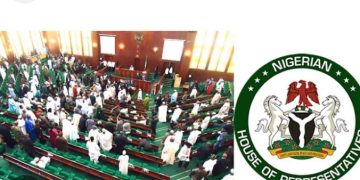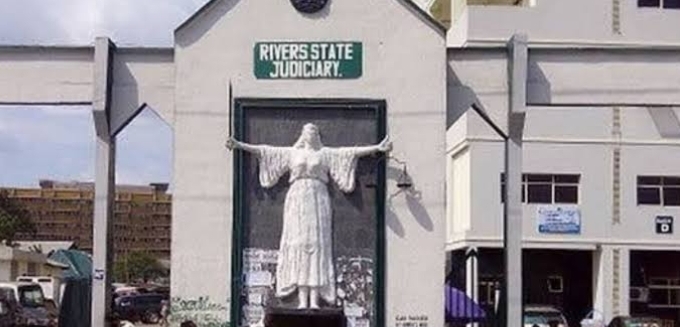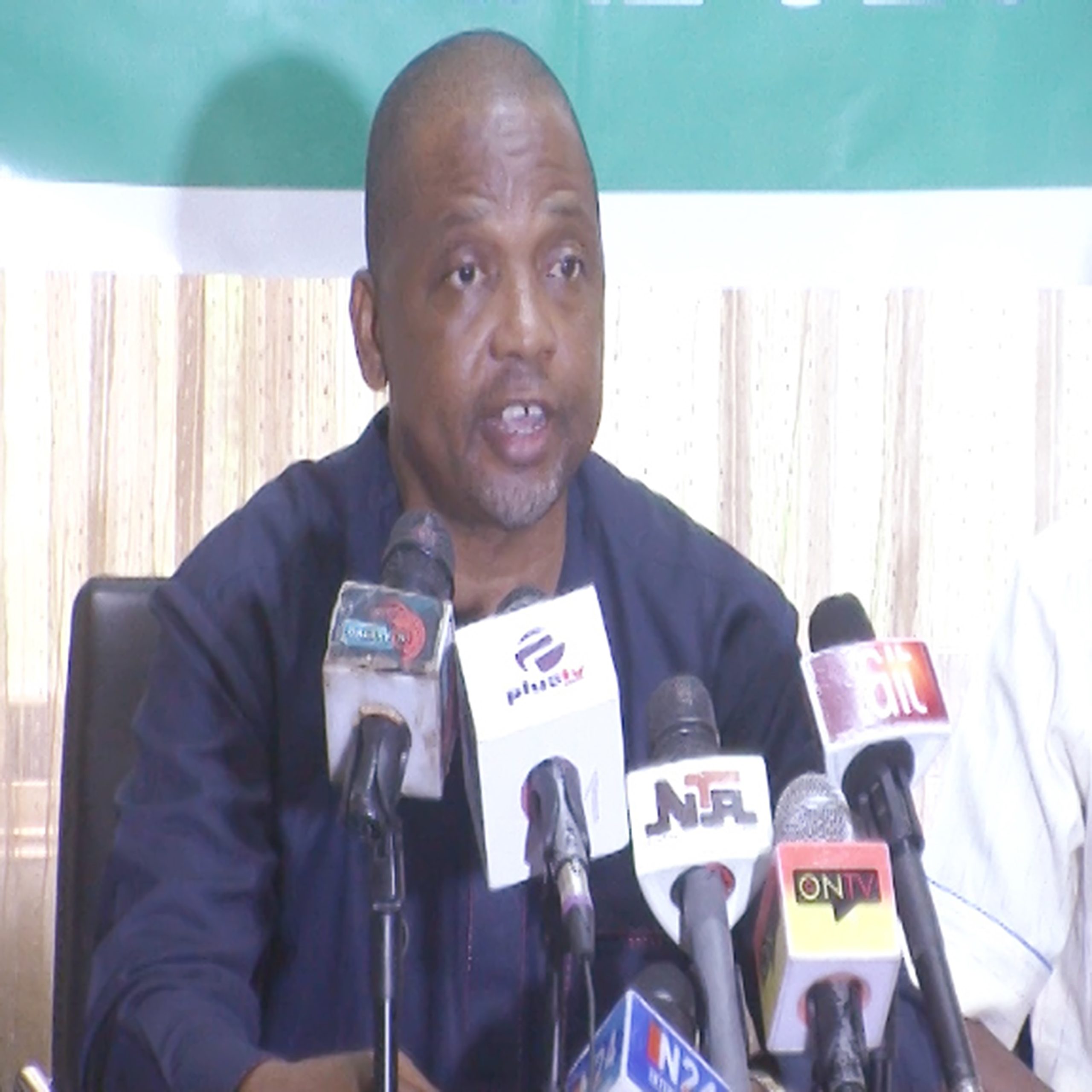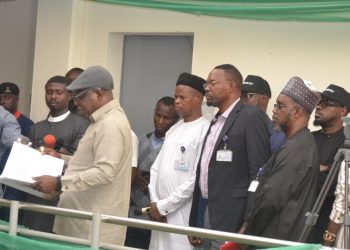By Comfort Olayinka
The Civil Society Legislative Advocacy Centre (CISLAC) has expressed deep concern over a recent Federal High Court ruling that restricts the Central Bank of Nigeria (CBN) and other financial institutions from releasing monthly allocations to the Rivers State Government.
In a statement signed by CISLAC’s Executive Director, Comrade Auwal Musa Rafsanjani he said the judicial decision poses a significant threat to Nigeria’s democracy, economic stability, and public trust in the judicial system [user query].
Rafsanjani emphasized that Nigeria’s states are vital components of the country’s constitutional framework, with elected governors responsible for managing resources for the benefit of citizens.
Says blocking allocations undermines this autonomy, setting a dangerous precedent that risks destabilization and endangered regions currently at peace.
“Nigeria’s states are vital components of our constitutional framework, led by elected governors charged with managing resources for the benefit of citizens. Blocking allocations not only undermines this autonomy but sets a dangerous precedent, risking destabilization and endangering regions currently at peace.”
He also highlighted the growing perception that some judicial actors are compromising the integrity of Nigeria’s judiciary, eroding public trust and discouraging investment [user query].
CISLAC urged the Chief Justice of Nigeria to maintain judicial standards and caution judges against rulings that could destabilize Nigeria’s democracy or economic structure.
The organization emphasized the importance of upholding democratic principles and prioritizing the welfare of Nigerians. Rafsanjani noted that organizations like Transparency International and the World Justice Project rank judiciary systems globally, and Nigeria’s position on the Transparency Perception Index reflects the need for transparent governance.
Nigeria has consistently ranked low in the World Governance Index, particularly in areas such as government effectiveness, political stability, and control of corruption. In 2020, Transparency International’s Corruption Perception Index ranked Nigeria 149 out of 180 countries surveyed, with a score of 25/100.
CISLAC’s statement concluded by calling on the judiciary, executive, and stakeholders to uphold democratic principles and prioritize Nigerian welfare. The organization stressed that Nigeria’s stability, unity, and progress must remain at the forefront of governance efforts. As the country navigates these challenging times, it is essential for all parties to work together to ensure the integrity of Nigeria’s democratic system.
“In these challenging times, CISLAC calls on the judiciary, the executive, and all stakeholders to uphold democratic principles and prioritize the welfare of Nigerians above all other considerations,”


